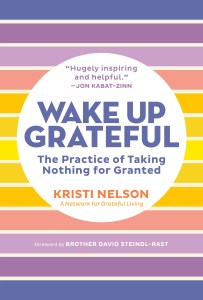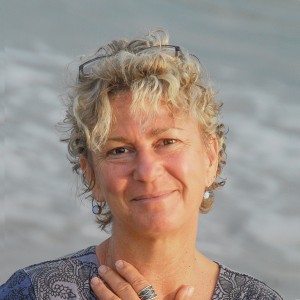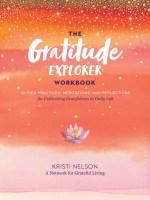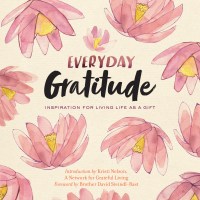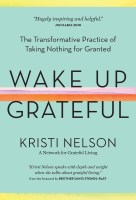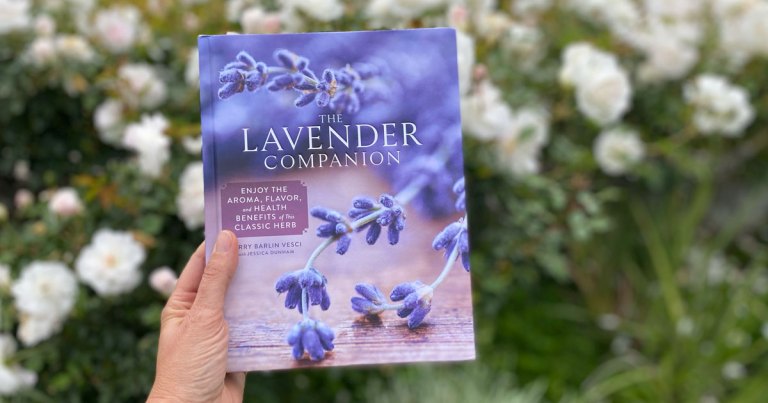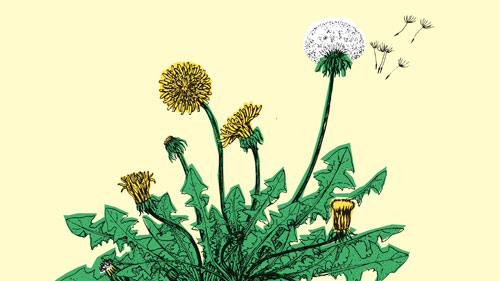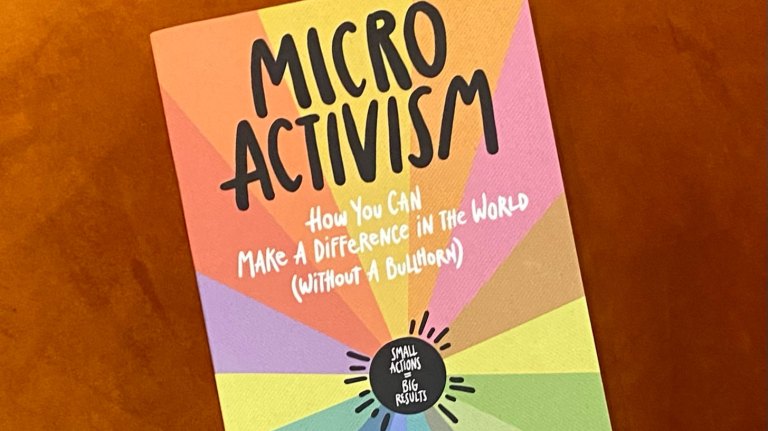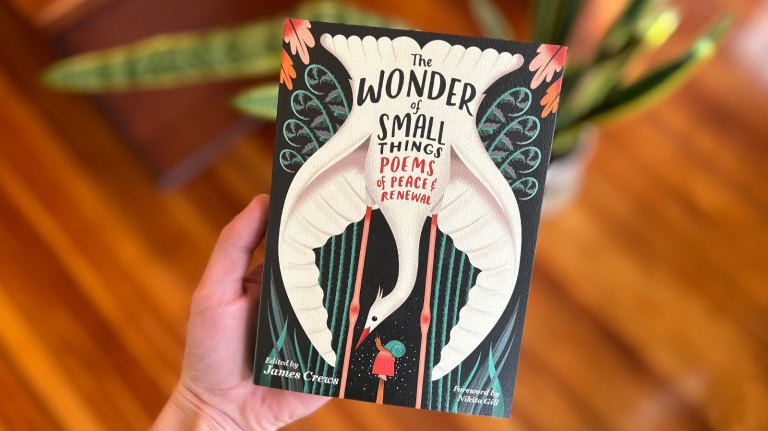Q&A with Wake Up Grateful author Kristi Nelson
Drawing from her own cancer experience, Kristi Nelson shares how her journey awakened her to grateful living—and offers thoughts on the distinction between gratitude and gratefulness and the connection between grief and gratitude.

Q: Can you speak about how your own experience with cancer woke you up to grateful living?
A: The week of my 33rd birthday, I was diagnosed with Stage IV cancer that had metastasized to my spine. Nearly nine months of aggressive treatment ensued, after which I was left to face the likelihood of recurrence and a less-than-promising prognosis. Most of my friends in their early 30s were living the life stage as they were meant to—as though the future unfurled endlessly before them with the promise of careers, travel, marriage, a home, children, and plenty of time to check items off their bucket list. For my peers, being in their 30s was the time for defining and fulfilling
dreams and investments for the future. For me, it became a time of seeing and accepting the impermanence of everything, including my own life.
It was in facing the prospect of my death that I came alive as I never had before. After 18 months, when I finished treatment and was set free from the confines of hospitals, pain, and grueling side effects, the everyday things I had taken for granted before I got sick were more breathtakingly wondrous than I could have ever imagined. Nothing felt routine anymore. I noticed things around me as if for the first time. Having a body felt like a miracle. The appreciation I felt for people was epic. I felt grateful for most everything every day…especially the gift of time and waking up to another day. I “got it” that this experience of gratefulness could be available through an intentional
practice of remembering to take nothing for granted. With practice, I developed the spiritual musculature of perspective that helped me reconnect with awe and wonder, and to feel the privilege of all the moments that I am alive, even—and especially—the challenging ones.
Q: How do you articulate the difference between gratitude and gratefulness? Why is this distinction important?
A: Gratitude gets a lot of hype these days. With all its known benefits, it’s become something we want to “get,” like happiness. We know it feels good to be grateful but unless things go our way and life unfolds exactly as we want it to, gratitude is going to be very hard to come by. Life is not built on a promise of getting everything we want. It can be challenging and painful. Gratitude—as we understand it—waits for something good to happen. It’s a feeling and a reaction to things outside of us. It’s fleeting and highly conditional. It loves a string of green lights and a prime parking spot with money on the meter. Gratefulness is greater than that. It is a proactive approach to life and a way we can orient ourselves when we take nothing for granted. It builds up our reserves to help us navigate inevitable hardships and appreciate the value of the yellow and red lights in life.
Q: You have spoken about how grief can lead people to live more gratefully. How do you see grief and gratitude connected?
A: We cannot be grateful for everything that happens in life—that is never the aspiration. Loss is heart-wrenching, and the grief we experience in our losses can feel devastating. But grief can also connect us more deeply with the tenderness of our hearts, the shared heart of humanity, and our vast capacity for love. We do not experience grief for the loss of something or someone we have not been grateful for and so we can allow ourselves to hold this paradox…keeping the truth and
complexities of our hearts alive. Grief and sorrow also have the power to open us to empathy, compassion, and appreciation for others. The brokenness of my heart when my mother died while I was writing Wake Up Grateful opened me to a greater awareness of how uniting and connecting grief can be—even with strangers—and how much care was available to me when I allowed the brokenness of my heart to be known. I could not possibly be grateful for the loss that brought about my grief, but my grief could hold and acknowledge all that I was grateful for.
Q: One of The Five Principles of Grateful Living outlined in the book is “Everything is Surprise.” This idea can be frightening to some. How can readers best understand this concept and become comfortable with it?
A: In Western cultures, we cling to the idea that with enough effort everything is knowable and controllable. We can easily become wedded to the idea that we are in charge of how our days and dreams unfold. In trying to stave off what might scare us, these expectations can render us overly vigilant, making us suffer greatly as we resist the inevitable uncertainties we will encounter. They also keep us from seeing and seizing the opportunities available to us. Life is mysterious, and the more curiosity and respect we can develop for this truth, the more likely we will be to enjoy and
learn from life as it unfolds. Mystery allows for surprise, and the truth is that the surprising things that come into our lives run the gamut from difficult to delightful. If we are intent on keeping life predictable, we will also prevent most every unexpected delight and discovery. Making the effort to stay open to surprise allows us to greet what arrives in our lives with greater ease and equanimity. No matter how scary it might seem, allowing for the truth of all that is beyond our knowing and controlling can be freeing. Gratefulness embraces this truth and supports us to discover the gifts that are often hiding in plain sight. The greatest of these gifts is opportunity.
Text © Kristi Nelson.
This practical and inspiring program is filled with guiding principles, reflections, exercises, and meditations for making gratitude a daily practice, especially during uncertain and challenging times.
In times of uncertainty and suffering, finding joy and gratefulness in daily life is challenging. Wake Up Grateful provides a practical and inspiring roadmap to making grateful living a daily practice, with guiding principles, reflective questions, affirmations, and exercises. Drawing from her own cancer experience along with her life work with The Network for Grateful Living, Kristi Nelson explores how to develop gratefulness as a way of being. She examines ten core areas where many people need support and guides readers in finding presence and perspective in these aspects of life, opening to greater possibilities, and uncovering the abundance and love that’s possible in every moment.Winner: Gold Nautilus Book Award, Personal Growth
